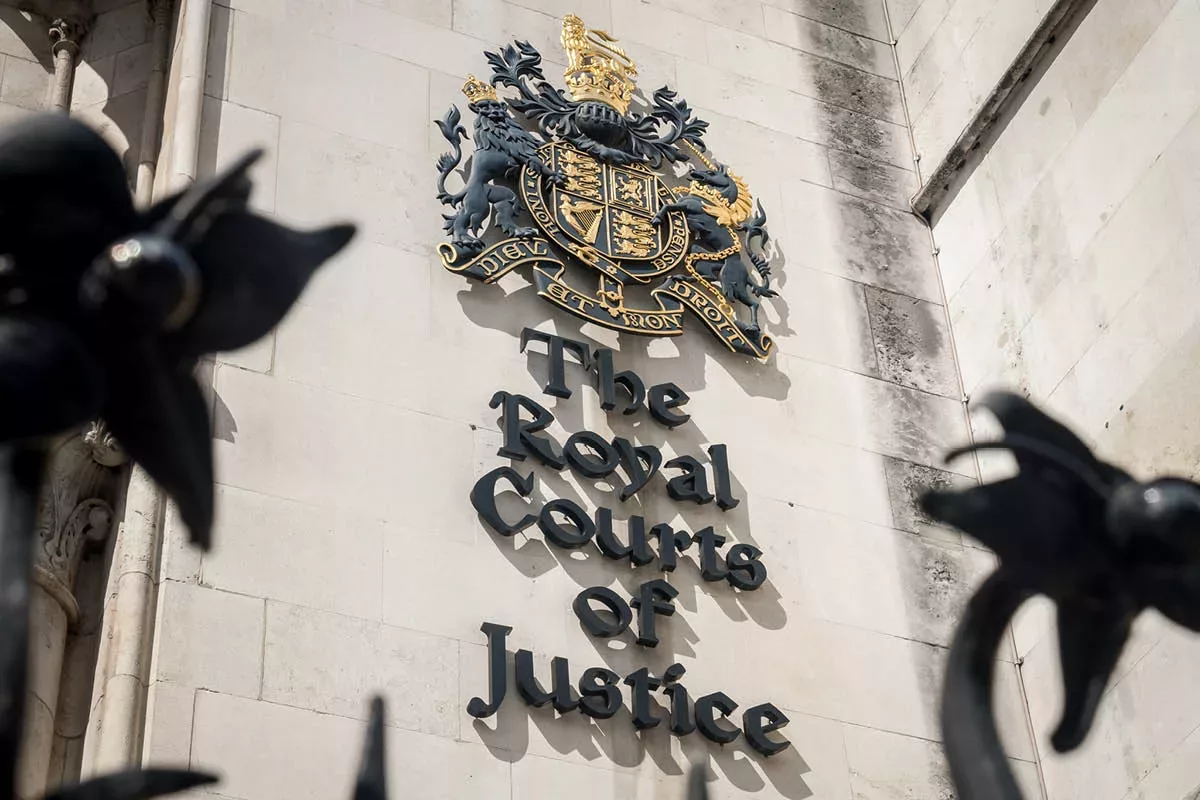Herefordshire Council v AB [2018] EWFC 10 is a judgment handed down earlier this year regarding two cases which were described by Mr Justice Keehan as presenting “two of the most egregious abuses of section 20 accommodation it has yet been my misfortune to encounter as a judge”. The first matter concerned a child referred to as CD, who had been subject to section 20 accommodation for 8 years before care proceedings were issued; and the second concerned a child referred to as GH, who had spent a period of 9 years under section 20 accommodation – his entire life. It was reported that CD had remained under local authority care for so long that his own mother had failed to recognise him in public (para 53).
Section 20 of the Children Act 1989 (“The 1989 Act”) permits a local authority to accommodate a child subject to the agreement of those who hold parental responsibility for that child. It is intended to be a temporary measure, whilst the relevant local authority carries out further investigations and planning for the child’s long term care.
During the course of these proceedings, the director of children’s services was directed to file and serve a statement dealing with a number of matters – one of which was to detail the circumstances of every child accommodated by the relevant local authority pursuant to section 20 of the 1989 Act. As a result of this, it came to light that 14 children had been subjected to section 20 accommodations for “a wholly inappropriate lengthy period of time”, as described by Keehan J.
This is not the first time that a judge has been compelled to criticise a local authority for its failures pertaining to use of section 20 of the 1989 act. Other such cases include:
• Re: A (a child) [2015] EWFC 11;
• Williams & Anor v London Borough of Hackney [2015] EWHC 2629 (QB)
• Northamptonshire County Council v AS and Ors [2015] EWHC 199 (Fam)
In Northamptonshire County Council, it was suggested that the use of section 20 should only be used in the most exceptional of circumstances and where the removal is intended to be for a matter of days at most. The fact that we are now, as recent as February 2018, exposed to a case presenting two children who had been subject to such accommodation for 8 and 9 years is alarming.
As perfectly summarised by the President of the Family Law Division, Sir James Munby in Re N (adoption: jurisdiction) [2015] EWCA 1112 (in obiter) “The misuse and abuse of section 20 in this context is not just a matter of bad practice. It is wrong and is a denial of the fundamental rights of both the parent and the child. It will no longer be tolerated and it must stop”.
It is hoped that local authorities will be awakened to the urgent need for caution when using section 20 of the 1989 Act, to ensure that children and young people are afforded effective planning for securer futures, as a bare minimum.





